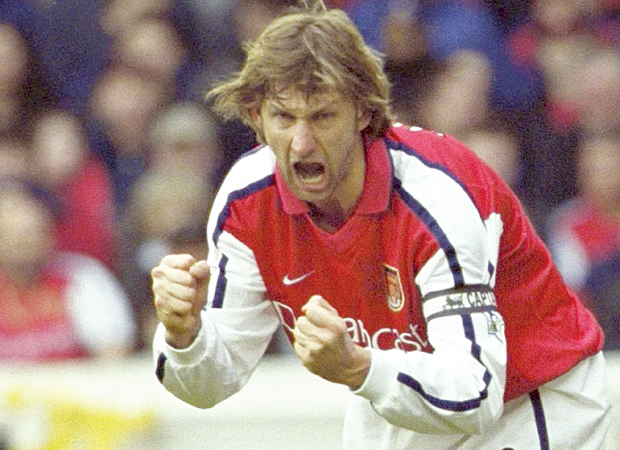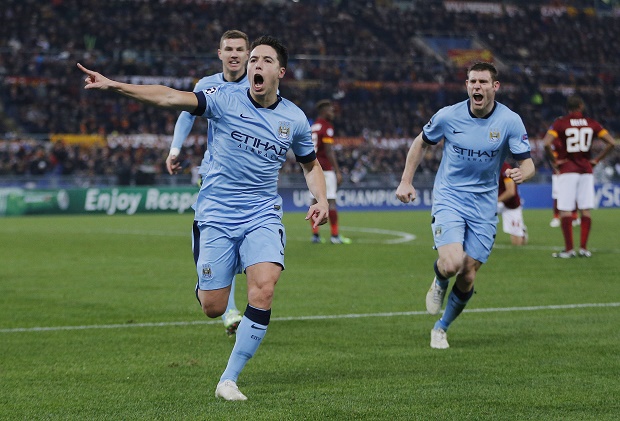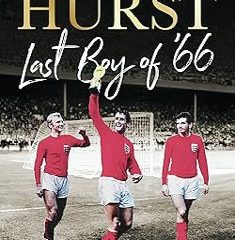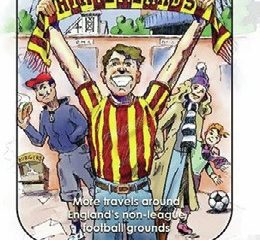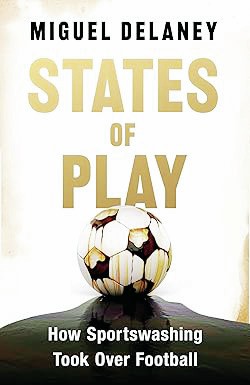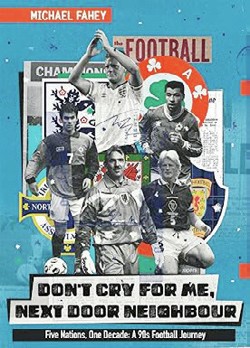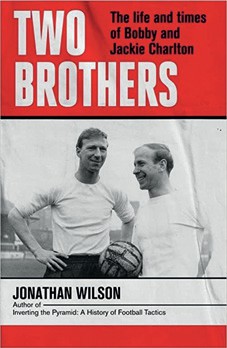
Two Brothers -The Life and Times of Bobby and Jackie Charlton, by Jonathan Wilson, published by Little, Brown, Price: £20

‘TWO Brothers’ is not only an inspiring story about two of the most famous footballing brothers, but it is also about late 20th century English football and the changes that were taking place.
Jonathan Wilson traces the incredible lives of Bobby and Jackie Charlton from their childhood working-class roots through to their battles with dementia.
Jack’s childhood seemed quite extreme in a modern context. He managed to get into many scrapes and had a wanderlust for adventures. Bobby in contrast was quiet and serious.
Jack was an extrovert and Bobby an introvert, but both enjoyed great success as players: Jack won a league, a Cup and two Fairs Cups with Leeds; Bobby won a league title, survived the terrible disaster of the plane crash in Munich and then, at enormous emotional cost, won a Cup and two more league titles before capping it off with the European Cup. Together, for England, they won the World Cup.
Wilson provides new information about some of the major football characters of their generation, figures such as Alf Ramsey, Matt Busby, Don Revie and George Best.
Despite winning the European Cup together, George never really got on with Bobby.
“I represented the future of Manchester United – or should have done,” said Best. “Charlton represented the past.”
That was not simply about age; it was also about attitude. Best once said he was ‘grateful’ to have been born in 1946 and not 1926. “We don’t have to stick rigidly to the short back and sides and wear-yourclub-blazer-at-all-times routine of the past,” he said.
As they grew older, the brothers became more estranged, probably because of tension between their mother Cissie and Bobby’s wife Norma.
Their managerial careers followed predictably diverging paths, Bobby failing at Preston while Jack enjoyed success at Middlesbrough and Sheffield Wednesday before leading the Republic of Ireland to previously unimagined heights.
Wilson contextualises the brothers as competing forces that shaped English and Irish football and society between the end of the Second World War and the turn of the Millennium.
He interestingly uses the brothers to demonstrate the tensions between flair and industry and between individuality and the collective, between right and left, between middle and working classes, between exile and home.
This significant new book about a great footballing family provides many new insights for those of the same generation but it will also provide a compelling read for those who are unfamiliar with the impact of the Charlton brothers.
Ian Aspinall
Rating out of 10: 8


Book Reviews
Book Review: Chris Towers finds right mix

Book Reviews
Book Review: Sir Geoff Hurst hits net
